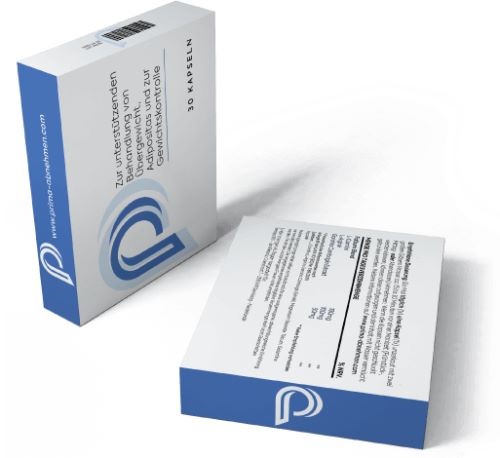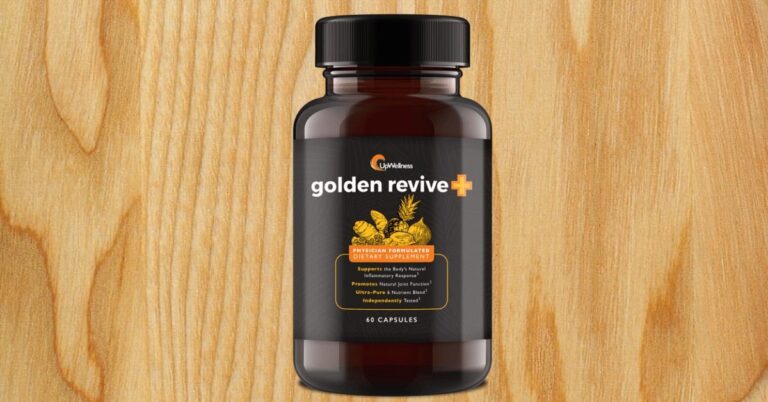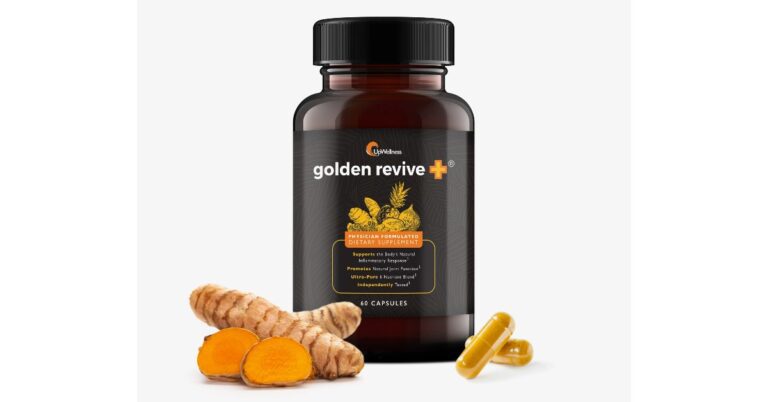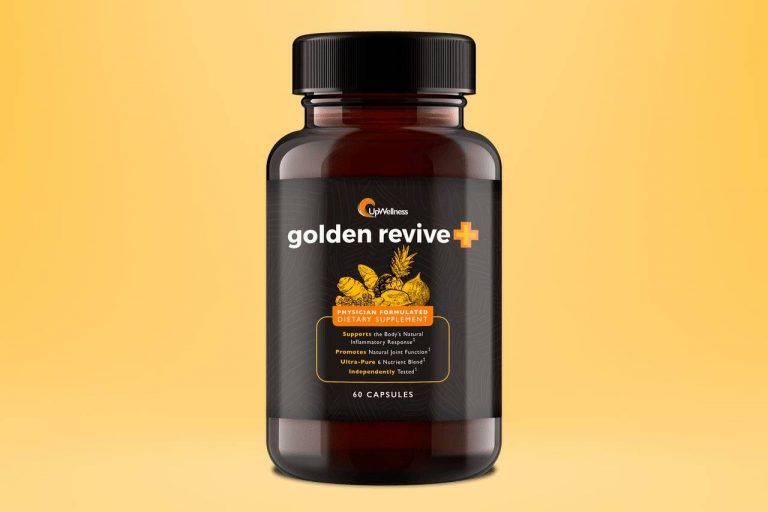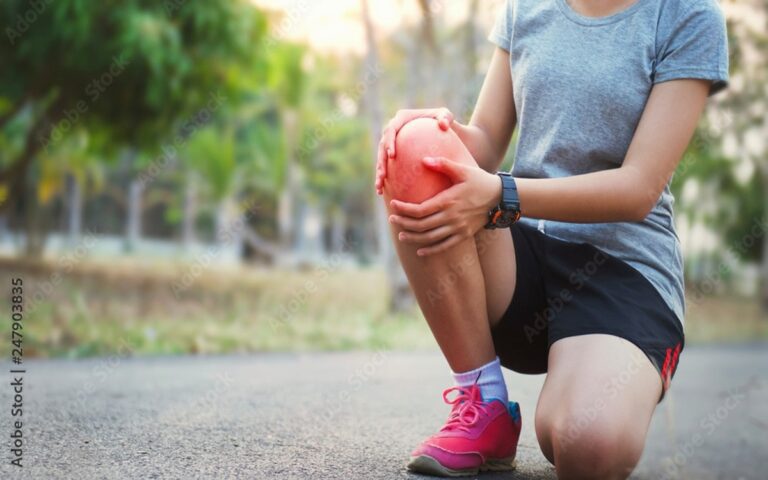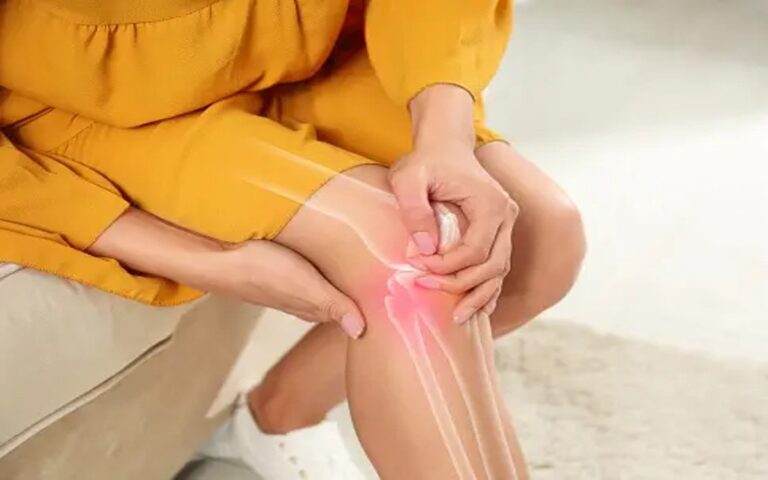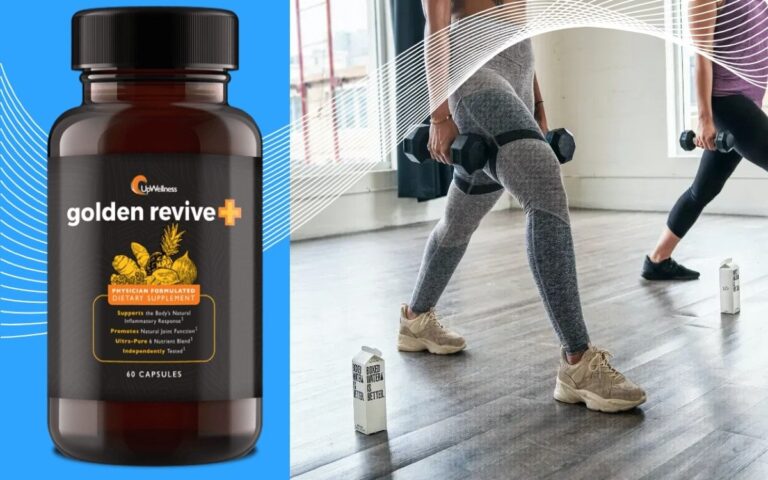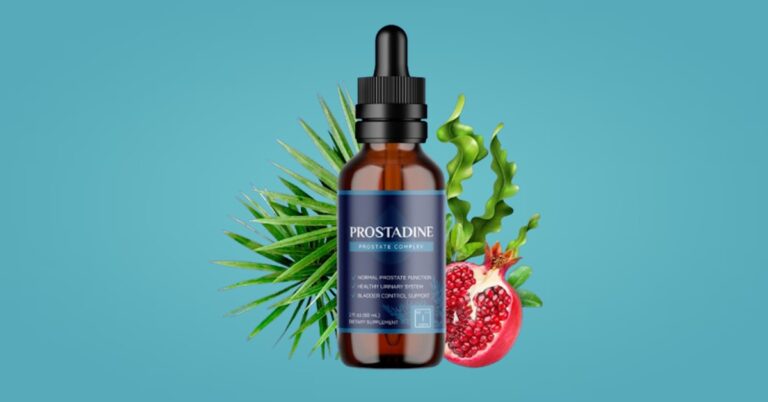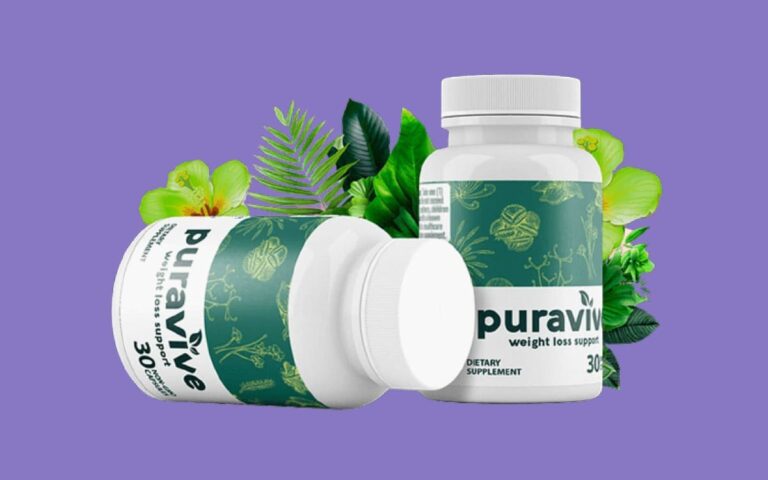The Best Fluffy Pancakes recipe you will fall in love with. Full of tips and tricks to help you make the best pancakes.

Knee pain can be a common problem for elderly people as they age. It is important to find the best medicine to help ease and completely end this pain so that seniors can stay active and continue to live life to the fullest.
In this Best Medicine for Knee Pain in Old Age article, we will discuss the top five best medications for joint Pain relief in Old Age available for knee pain in old age, including both over-the-counter and prescription options.
We will also explore the potential risks and side effects associated with each type of medication so that you can make an informed decision about which one is right for you.
Finally, we’ll provide some tips on how to prevent knee pain in old age in order to avoid taking any kind of medication at all.
The Five Best Joint and Cartilage Supplement
Let’s take a quick look at some of the top 5 most effective Stiff joints, ligaments, tendons, and muscle supplements. Whether it’s due to aging, injury, or chronic conditions, the constant discomfort and limited mobility can leave you feeling frustrated and hopeless.
Top 5 Best Joint and Cartilage Supplement of 2024 That Works
( Based On Criteria For Evaluation )
Best Overall: Joint Hero
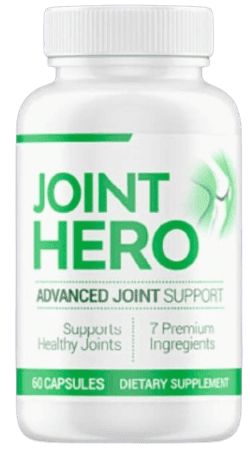
Natural ingredients Clinically Shown To Protect Joint Tissue
- Good-quality ingredients
- Block haywire immune markers
- Feel years younger!
- Money-Back Guarantee
- Encourages healthy joints, cartilage, and bone
- Company reputation & 24-Hour Support
- 70% of customers express satisfaction
- Powerful Testimonials
#2Pick Golden Revive Plus
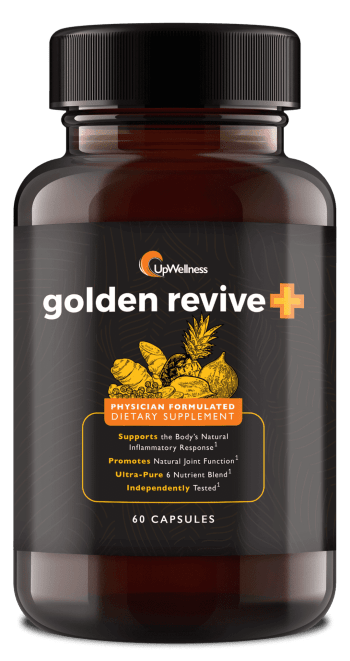
All-natural solution for stiff joints, ligaments, tendons, and muscles
- High-quality ingredients
- Protect synovial joints from degradation
- Encourage healthy joints, cartilage, and bone
- Support healthy joint flexibility and mobility
- Reduce swelling and discomfort
- Money-Back Guarantee
- Encourages healthy joints, cartilage, and bone
- Company reputation & 24-Hour Support
- 98% of customers express satisfaction
- Powerful Testimonials
#3 Pick: Joint Support Plus
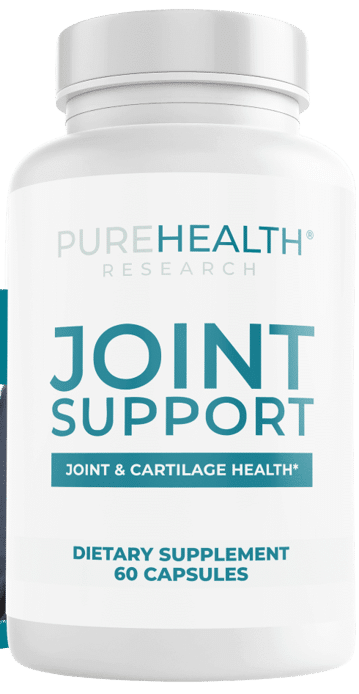
NEW Technological Breakthrough! Natural Support for Flexible Joints
- High-quality ingredients
- Soothe aches and tenderness
- Promote Pain-Free Mobility
- Support healthy joint flexibility and mobility
- Feel years younger!
- Money-Back Guarantee
- Encourages healthy joints, cartilage, and bone
- Company reputation & 24-Hour Support
- 89% of customers express satisfaction
- Powerful Testimonials
#4 Pick: Joint Genesis
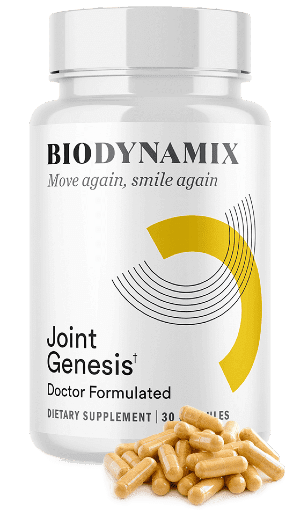
100% natural ingredients derived from superfoods
- High-quality ingredients
- Soothe aches and tenderness
- Improve walking and standing scores
- Block haywire immune markers
- Feel years younger!
- Money-Back Guarantee
- Encourages healthy joints, cartilage, and bone
- Company reputation & 24-Hour Support
- 78% of customers express satisfaction
- Powerful Testimonials
#5 Pick: Arthronol
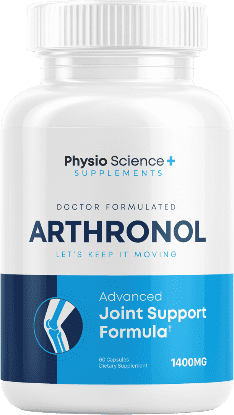
Baking Yeast that Repairs and Protects Joint Tissue for 87% of Men and women
- Good-quality ingredients
- Soothe aches and tenderness
- Reduce swelling and discomfort
- Money-Back Guarantee
- Encourages healthy joints, cartilage, and bone
- Company reputation & 24-Hour Support
- 68% of customers express satisfaction
- Powerful Testimonials
What Are The Benefits of Best Medicine for Knee Pain in Old Age?
The best medicine for knee pain in old age can offer great relief and comfort. It can benefit those suffering from arthritis and other age-related conditions that cause joint pain.
Taking the right medication can help ease inflammation and reduce swelling, increasing mobility and reducing pain levels.
Additionally, it can help reduce the risk of further injury by strengthening the muscles around the affected area.
Best medicine for knee pain in old age can also provide much-needed relief from chronic discomfort, allowing seniors to stay more active and independent as they age.
Furthermore, it may even reduce the need for surgery or other invasive procedures if taken early enough.
Could my knee pain be arthritis?
Knee pain can be a sign of arthritis. If you are experiencing chronic knee pain, it is important to find out if it could be due to arthritis. Osteoarthritis is the most common type of arthritis and can cause pain and stiffness in the knees, as well as other joints.
Other signs of osteoarthritis include swelling and tenderness around the joint. If you have persistent knee pain, it is best to see your doctor for an evaluation. Your doctor may order tests such as x-rays or blood work to help identify any underlying issues causing your knee pain.
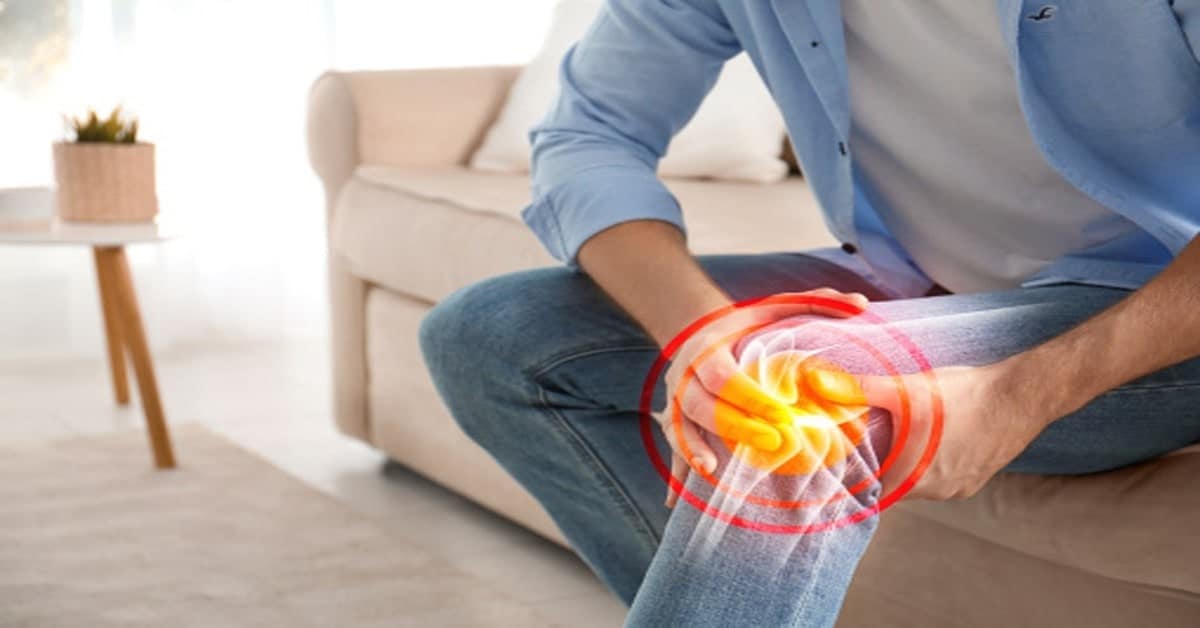
Following a thorough evaluation, your doctor can determine if arthritis is indeed the cause of your knee pain and provide treatment options to help alleviate symptoms and reduce joint damage.
Defining osteoarthritis: pain, disability, or radiography?
Osteoarthritis is a degenerative joint disorder that affects the cartilage, bones, and other tissues surrounding a joint. It is usually an age-related condition and can cause pain, stiffness, reduced mobility, and swelling of the affected joint.
Other symptoms include grating or grinding sensations when moving the joint, as well as crepitus (a crackling sound produced by the joints).
Osteoarthritis can be defined through three distinct categories: pain, disability, and radiography. Pain is often associated with osteoarthritis and is typically localized to the affected joint.
Disability refers to limitations in function caused by osteoarthritis; this may include difficulty with activities of daily living such as bending or climbing stairs.
Radiography is a method used to diagnose osteoarthritis through imaging which can reveal narrowing of the joint space due to deterioration of cartilage and bone.
How do you relieve knee pain at an older age?
At an older age, knee pain can be a common issue. In order to relieve it, several steps can be taken.
Stretching and strengthening exercises can help to improve flexibility and reduce tension on the joint.
Additionally, reducing your weight if necessary can help alleviate pressure on the knee joint. Ice packs or heat therapy can also be used to reduce swelling and inflammation in the area.
Lastly, over-the-counter pain medications such as ibuprofen or acetaminophen may provide relief from discomfort.
It is important to talk to your doctor before starting any new treatment for knee pain at an older age in order to ensure that it is safe for you and will provide the desired results.
What is the strongest pain relief for knee pain?
The strongest pain relief for knee pain will depend on the individual and the severity of the pain. Over-the-counter nonsteroidal anti-inflammatory drugs (NSAIDs) such as Upwellness Golden Revive Plus, ibuprofen or naproxen sodium can effectively provide fast and lasting relief for mild to moderate knee pain.
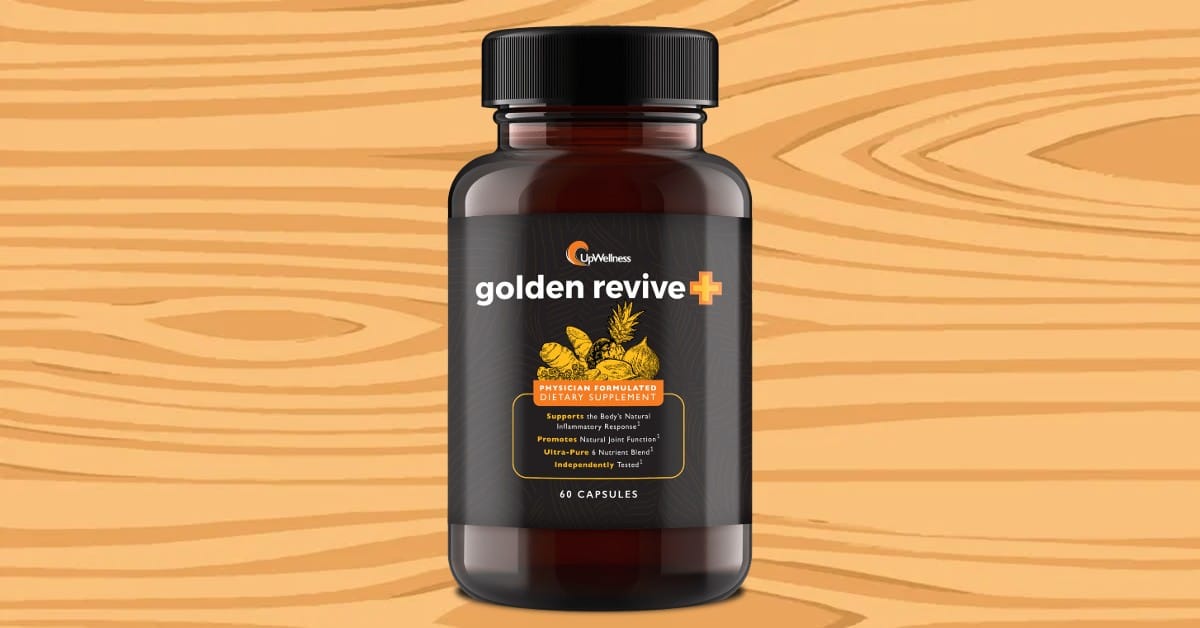
However, for more severe cases of knee pain, a doctor may recommend stronger prescription medications such as opioids or muscle relaxants. In some cases, corticosteroids may also be prescribed to reduce inflammation and relieve pain.
Additionally, physical therapy, exercise, and lifestyle changes such as losing weight, can help to reduce knee pain and improve overall joint health. Ultimately, it is important to speak with a medical professional about which type of treatment is best suited for your individual needs.
What is the best painkiller for arthritis of the knee?
When it comes to treating the pain associated with arthritis of the knee, there is no one-size-fits-all solution.
However, there are several effective over-the-counter and prescription medications that can help reduce discomfort and swelling.
Nonsteroidal anti-inflammatory drugs (NSAIDs) such as ibuprofen and naproxen are commonly used to treat mild to moderate knee pain associated with arthritis.
For more severe cases, stronger medicines like corticosteroids may be prescribed for short-term use. In addition, physical therapy and lifestyle modifications such as regular exercise and weight loss can be beneficial in managing the symptoms of arthritis.
Ultimately, consulting with a doctor is the best way to determine which treatment option is right for you.
How can I get instant relief from knee pain?
Knee pain can be incredibly uncomfortable, but there are several ways to get instant relief. First and foremost, rest is often the best remedy. If you are able to stay off your feet and elevate your knee, this can reduce swelling and discomfort.
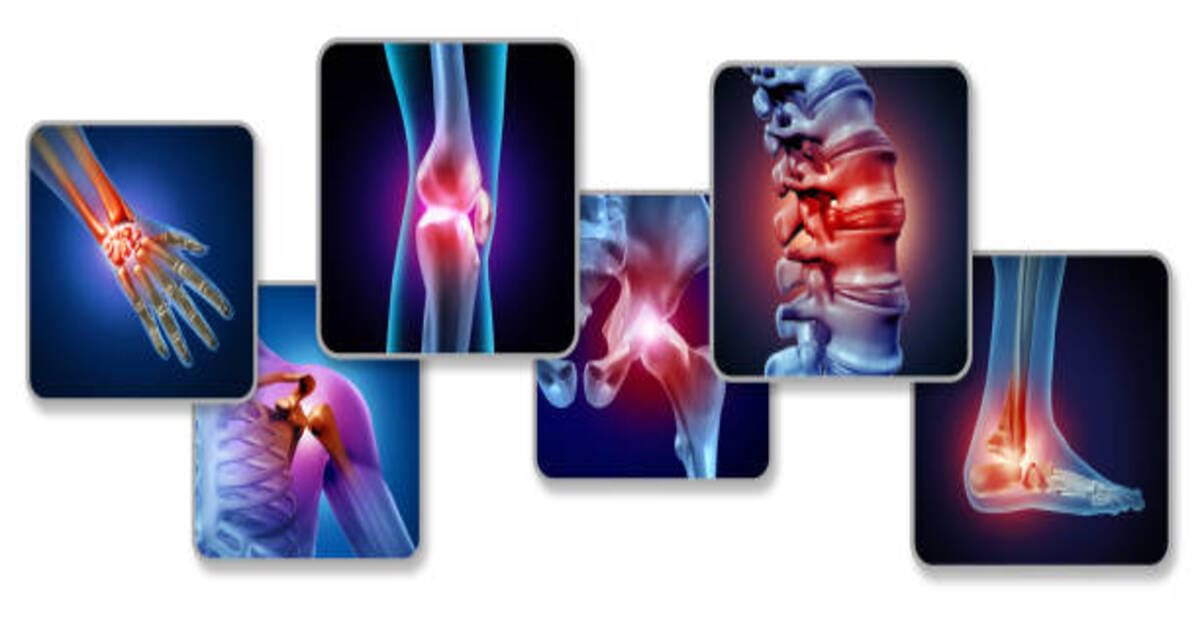
Applying a cold compress or ice pack wrapped in a towel to the knee joint can also help reduce inflammation and provide some immediate relief.
Additionally, taking an over-the-counter medication like ibuprofen or acetaminophen may help alleviate some of the pain and inflammation associated with knee pain.
Lastly, physical therapy exercises such as range of motion exercises, stretching, and strengthening can be beneficial in helping to reduce the intensity of knee pain over time.
In any case, it is important to consult with a doctor if your knee pain persists for more than a few days or worsens significantly before seeking any self-treatment.
What vitamin helps with knee pain?
Vitamin D is known to be beneficial in reducing pain and inflammation in the knees. It helps improve joint function, strengthens muscles, and can even prevent falls by improving balance. Vitamin D has been found to be especially helpful for those suffering from osteoarthritis of the knee.
Studies have shown that vitamin D supplements can reduce pain levels significantly, improve joint mobility, and slow down the progression of osteoarthritis. Vitamin D can also help protect against cartilage damage caused by inflammation and trauma.
Additionally, research suggests that vitamin D may play a role in reducing the risk of developing knee osteoarthritis in the first place. To maximize its benefits, it is important to make sure your daily intake of vitamin D is adequate. This can be done through diet or supplementation with a quality multivitamin containing at least 400 IU of vitamin D per day.
What do most doctors prescribe for arthritis pain?
Most doctors will prescribe a combination of treatments for arthritis pain, depending on the type and severity of the condition. Non-steroidal anti-inflammatory drugs (NSAIDs) are typically the first line of defense against arthritis pain and inflammation.
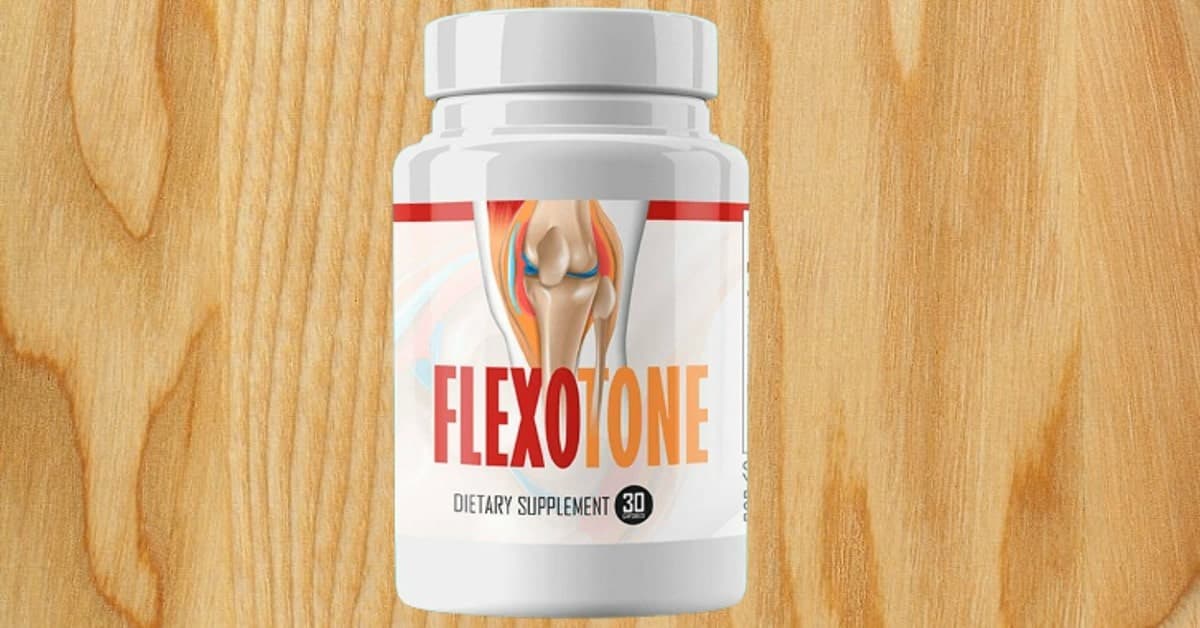
These medications work by reducing inflammation and relieving pain. If NSAIDs are not effective, some doctors may suggest corticosteroids or other non-opioid medications such as tramadol or pregabalin.
Physical therapy is also an important part of managing arthritis pain. Exercises that strengthen muscles and joints can help reduce pain and improve function.
Heat and cold therapies can also be useful in improving joint mobility, while assistive devices such as canes or walkers can provide additional support. Some doctors may also recommend supplements such as glucosamine and chondroitin to help with joint health.
Ultimately, it’s best to consult with your doctor to determine the most appropriate treatment plan for your particular case of arthritis.
What is the number one drug for arthritis?
The number one drug for arthritis is nonsteroidal anti-inflammatory drugs (NSAIDs). NSAIDs are a type of medication that helps to reduce inflammation and pain in the body.
They work by blocking the production of certain enzymes and hormones that cause inflammation and pain. Common types of NSAIDs include ibuprofen, naproxen, aspirin, and celecoxib.
These medications can be taken orally or topically applied to the affected area. In addition to reducing pain and inflammation, they may also help improve joint mobility, decrease stiffness, and reduce fatigue associated with arthritis.
They can also help prevent further joint damage if taken regularly as prescribed by your doctor.
Although NSAIDs are effective at treating arthritis symptoms, they do carry risks such as gastrointestinal bleeding and ulcers so it’s important to talk to your doctor before taking them.
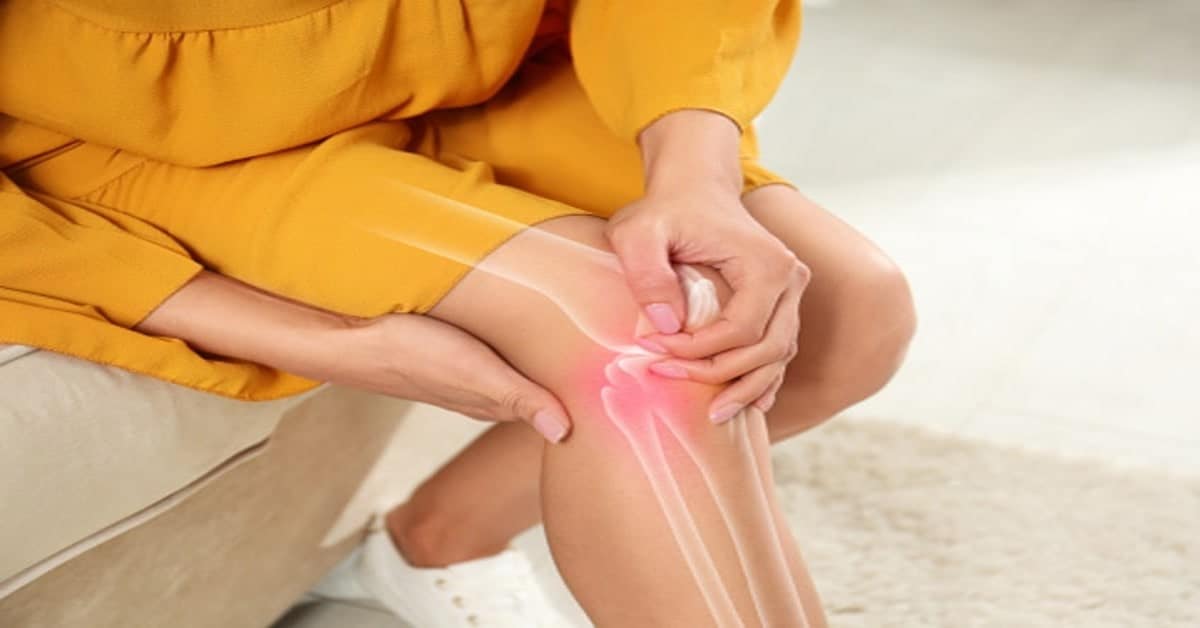
What are three of the newest drugs for arthritis pain?
Arthritis is a very painful condition that can cause discomfort and mobility issues. Luckily, there are now several drugs available to help alleviate the pain associated with this condition.
Three of the newest medications for arthritis are non-steroidal anti-inflammatory drugs (NSAIDs), corticosteroids, and biologic drugs. NSAIDs work by reducing inflammation and can be taken orally or applied topically.
Corticosteroids work by reducing inflammation and suppressing the body’s immune system, while biologic drugs target specific cytokines associated with joint inflammation.
All three of these medications can be used to reduce pain and improve mobility in people suffering from arthritis.
However, it is important to talk to your doctor about which medication is right for you, as each option has its own set of risks and side effects.
What is better for knee pain heat or cold?
When dealing with knee pain, it can be difficult to decide whether to use heat or cold therapy. Generally, cold therapy is better for acute pain and inflammation, while heat therapy is better for chronic pain.
Cold therapy helps reduce swelling and inflammation in the area and can numb the area to reduce pain.
Heat therapy helps relax the muscles surrounding the knee joint and can help reduce stiffness. It also increases blood flow in the area which can help with the healing of any damaged tissue.
Both methods should be used cautiously, as too much time on either one may cause further damage or injury.
A good rule of thumb is to alternate between heat and cold treatments for 20 minutes each when trying to relieve knee pain.
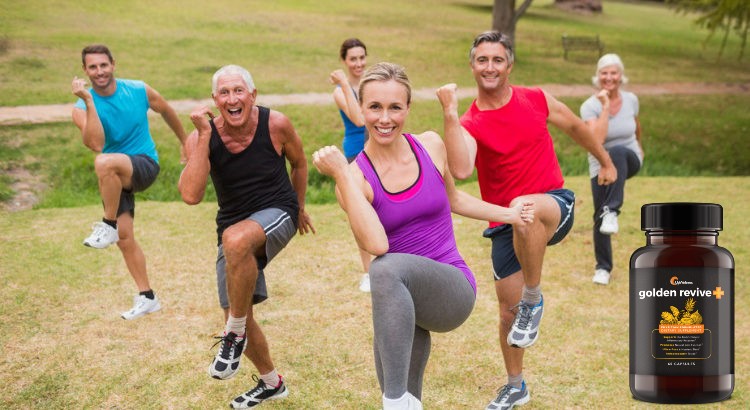
Is walking good for knee pain?
Walking is a great way to ease knee pain. It helps to strengthen the muscles in the knee joint and can help reduce inflammation and swelling. Walking also promotes blood flow to the area, helping to reduce stiffness and relieve pressure on the joint.
Walking can help improve balance and coordination, reducing the risk of falls that could cause further damage to the knees. Furthermore, walking provides an aerobic exercise that increases endorphin levels, naturally relieving pain.
For people with mild to moderate knee pain, taking regular short walks for 30 minutes can greatly reduce discomfort and improve mobility.
What is the strongest anti-inflammatory for arthritis?
The strongest anti-inflammatory for arthritis is often a combination of therapies. Non-steroidal anti-inflammatory drugs (NSAIDs) such as ibuprofen and naproxen are generally the first line of defense against arthritis pain and inflammation.
Other medications, such as corticosteroids, can also be used to reduce inflammation. For the most severe cases of arthritis, biologics may be prescribed.
Biologics are proteins that target specific pathways in the body that contribute to inflammation, thus providing long-lasting relief from pain and swelling.
Physical therapy is also an important part of managing arthritis symptoms and can help with stretching, strengthening, and range of motion exercises that reduce stress on affected joints.
In addition to traditional treatments, you can make many lifestyle changes to lessen the effects of arthritis such as losing weight, getting enough sleep, avoiding triggers like smoking or alcohol consumption, and maintaining a healthy diet with plenty of fruits, vegetables, and omega-3 fatty acids.
Is CBD oil good for arthritis?
CBD oil is becoming increasingly popular as a natural remedy for many common ailments, including arthritis. CBD has anti-inflammatory properties that can reduce the symptoms of arthritis, such as pain, swelling, and stiffness.
It can also help to improve mobility by targeting inflammation in the joints. Studies suggest that CBD oil may help to reduce inflammation and pain associated with rheumatoid arthritis and osteoarthritis.
While more research needs to be done on its efficacy for treating arthritis, CBD oil shows promise for reducing symptoms and improving quality of life for those suffering from the condition.
Additionally, CBD is generally well-tolerated by most people and is considered safe when taken at recommended dosages.
Which is better for arthritis Tylenol arthritis or ibuprofen?
When it comes to treating arthritis, both Tylenol Arthritis and ibuprofen can be effective. Generally speaking, ibuprofen is the preferred choice as it targets inflammation which is most often associated with arthritis pain.
Ibuprofen also has a longer duration of action than Tylenol Arthritis, making it better suited for those who suffer from chronic pain.
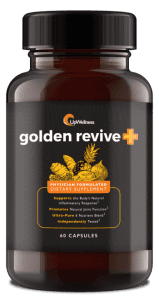
Golden Revive Plus® breaks that pain and signals your brain to improve joint health.
However, if you are looking for quick relief from a flare-up, Tylenol Arthritis may be a better choice since it works in about 30 minutes whereas ibuprofen takes up to an hour to take effect.
Ultimately, the decision between the two should be made by discussing your individual needs with your healthcare provider.
What lack of vitamins causes knee pain?
Knee pain can be caused by a lack of certain vitamins and minerals in the body. Vitamins A, C, D, E, and K, as well as the minerals magnesium and calcium, are all important for healthy joints and connective tissues. A deficiency in these essential nutrients can lead to joint pain, stiffness, inflammation, and even cartilage breakdown.
Vitamin D is particularly important for bone health and its deficiency has been linked to weak bones that are more prone to injury and joint pain. Regularly supplementing vitamin D can help reduce knee pain over time.
Additionally, eating a balanced diet rich in fruits, vegetables, whole grains, and lean proteins will help ensure your body gets all the vitamins and minerals it needs for optimal joint health.
FAQs On 5 Top Best Medicine for Knee Pain in Old Age
How to Relieve Knee Pain at an Older Age:
- Regular Exercise: Engage in low-impact exercises like walking, swimming, and stationary cycling to strengthen the muscles around the knee joint and improve flexibility.
- Maintain a Healthy Weight: Extra weight puts added stress on the knees. Maintaining a healthy weight can help reduce strain on the knee joints.
- Apply Cold or Heat Packs: Applying a cold pack for 15-20 minutes followed by a warm compress can help reduce inflammation and soothe knee pain.
- Elevate Your Legs: When sitting or lying down, prop up your legs with a cushion to help reduce swelling and promote circulation.
- Use Knee Supports or Braces: Supportive knee braces or sleeves can provide stability and alleviate pressure on the joint.
- Physical Therapy: A physical therapist can design a tailored exercise program to strengthen the muscles around the knee and improve range of motion.
- Maintain Proper Posture: Good posture can help distribute weight evenly, reducing strain on the knees.
- Stay Hydrated: Proper hydration helps maintain joint lubrication and can alleviate stiffness.
Which Tablet is Good for Knee Pain:
Top 5 Best Medicine for Knee Pain in Old Age In 2023 That Work
( Based On Criteria For Evaluation )
#1 Overall Best: Golden Revive Plus

All-natural solution for stiff joints, ligaments, tendons, and muscles
- High-quality ingredients
- Protect synovial joints from degradation
- Encourage healthy joints, cartilage, and bone
- Support healthy joint flexibility and mobility
- Reduce swelling and discomfort
- Money-Back Guarantee
- Encourages healthy joints, cartilage, and bone
- Company reputation & 24-Hour Support
- 98% of customers express satisfaction
- Powerful Testimonials
#2 Pick: Joint Support Plus

NEW Technological Breakthrough! Natural Support for Flexible Joints
- High-quality ingredients
- Soothe aches and tenderness
- Promote Pain-Free Mobility
- Support healthy joint flexibility and mobility
- Feel years younger!
- Money-Back Guarantee
- Encourages healthy joints, cartilage, and bone
- Company reputation & 24-Hour Support
- 89% of customers express satisfaction
- Powerful Testimonials
#3 Pick: FlexoTone
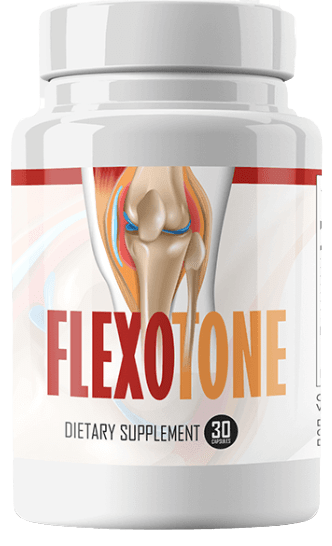
100% natural ingredients derived from superfoods
- High-quality ingredients
- Soothe aches and tenderness
- Improve walking and standing scores
- Block haywire immune markers
- Feel years younger!
- Money-Back Guarantee
- Encourages healthy joints, cartilage, and bone
- Company reputation & 24-Hour Support
- 78% of customers express satisfaction
- Powerful Testimonials
#4 Pick: Flexorol
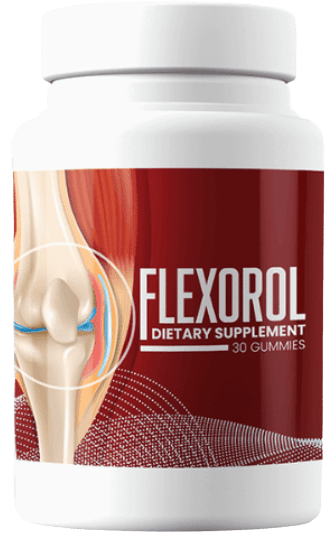
Natural ingredients Clinically Shown To Protect Joint Tissue
- Good-quality ingredients
- Block haywire immune markers
- Feel years younger!
- Money-Back Guarantee
- Encourages healthy joints, cartilage, and bone
- Company reputation & 24-Hour Support
- 70% of customers express satisfaction
- Powerful Testimonials
#5 Pick: Joint N-11
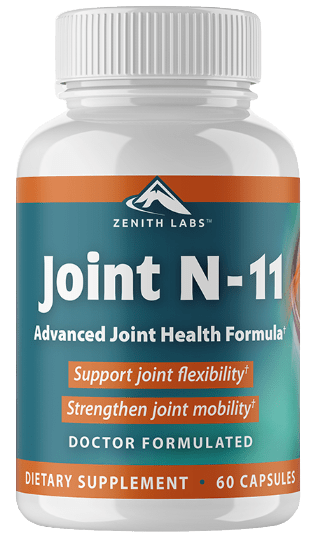
Baking Yeast that Repairs and Protects Joint Tissue for 87% of Men and women
- Good-quality ingredients
- Soothe aches and tenderness
- Reduce swelling and discomfort
- Money-Back Guarantee
- Encourages healthy joints, cartilage, and bone
- Company reputation & 24-Hour Support
- 68% of customers express satisfaction
- Powerful Testimonials
There are over-the-counter medications that can help with knee pain, including:
- Nonsteroidal Anti-Inflammatory Drugs (NSAIDs): Ibuprofen (Advil, Motrin) or Naproxen (Aleve) can help reduce inflammation and relieve pain.
- Acetaminophen: Also known as Tylenol, it can help with pain relief but does not have anti-inflammatory properties.
Always consult with a healthcare professional before starting any new medication, especially if you have existing health conditions or are taking other medications.
Fastest Way to Relieve Knee Pain:
- Topical Pain Relievers: Applying a topical analgesic or anti-inflammatory cream or gel directly to the knee can provide fast relief.
- Immediate Rest: If the pain is sudden and severe, immediately rest the knee and avoid putting weight on it.
- Cold Compress: Apply a cold pack to the affected knee for 15-20 minutes to reduce inflammation and provide immediate relief.
- Elevate the Leg: Prop up your leg with a cushion to help reduce swelling and ease pain.
- Compression Bandage: Wrapping the knee with a compression bandage can provide support and reduce swelling.
Natural Remedy for Knee Pain in the Elderly:
- Turmeric: The active ingredient, curcumin, has natural anti-inflammatory properties which can help alleviate knee pain.
- Ginger Tea: Ginger is known for its anti-inflammatory properties. Drinking ginger tea can help reduce pain and inflammation.
- Epsom Salt Soak: Adding Epsom salts to a warm bath can help relax muscles and reduce knee pain.
- Omega-3 Fatty Acids: Foods rich in omega-3s like fatty fish, flaxseeds, and walnuts can help reduce inflammation.
- Glucosamine and Chondroitin Supplements: These supplements can support joint health and potentially ease knee pain.
Which oil is good for the knees?
Certain oils can be massaged onto the knees to help relieve pain and inflammation. Some good options include:
- Eucalyptus Oil: Known for its analgesic and anti-inflammatory properties.
- Olive Oil: Contains oleocanthal, a natural anti-inflammatory compound.
- Coconut Oil: Can help with moisturizing the skin around the knee and may have some anti-inflammatory benefits.
Always perform a patch test before using any oil to ensure you don’t have an allergic reaction.
What can I drink to stop knee pain?
Drinks that can potentially help with knee pain include:
- Turmeric Milk: Contains curcumin, known for its anti-inflammatory properties.
- Ginger Tea: Ginger has natural anti-inflammatory compounds.
- Cherry Juice: Contains antioxidants that may help reduce inflammation.
Is Diclofenac Good for Knee Pain? Can Diclofenac Be Used for knee pain?
Diclofenac is a nonsteroidal anti-inflammatory drug (NSAID) that is commonly used to alleviate pain and reduce inflammation.
It can be effective for knee pain caused by conditions like osteoarthritis. However, it’s important to consult a healthcare professional before starting any medication to ensure it’s appropriate for your specific situation.
Which is better for knee pain, paracetamol or ibuprofen?
Both paracetamol (acetaminophen) and ibuprofen can be effective for knee pain, but they work in different ways. Paracetamol is primarily a pain reliever, while ibuprofen is an NSAID that can also reduce inflammation.
The choice between them depends on individual circumstances, including any existing health conditions or medications. It’s advisable to consult a healthcare professional for personalized advice.
Which fruit is good for knee pain?
Fruits rich in antioxidants and anti-inflammatory properties can be beneficial for knee pain. Some good options include:
- Berries (like blueberries and strawberries): High in antioxidants that can help reduce inflammation.
- Pineapple: Contains bromelain, an enzyme known for its anti-inflammatory properties.
What are the four causes of knee pain?
Four common causes of knee pain include:
- Osteoarthritis: The wear and tear of the joint’s cartilage over time.
- Rheumatoid Arthritis: An autoimmune condition that affects the joints.
- Meniscus Tear: A tear in the cartilage that cushions the knee joint.
- Patellar Tendinitis: Inflammation of the tendon that connects the kneecap to the shinbone.
How to use ginger for knee pain?
Ginger can be used for knee pain in various ways:
- Ginger Tea: Steep fresh ginger slices in hot water and drink as tea.
- Ginger Compress: Grate ginger, wrap it in a cloth, and apply it to the affected area.
- Ginger Oil Massage: Mix ginger essential oil with a carrier oil and gently massage onto the knee.
Always perform a patch test before using ginger topically to ensure you don’t have an allergic reaction.
Can I take ibuprofen every day for knee pain?
It’s important to consult a healthcare professional before taking any medication, especially on a daily basis.
Prolonged use of ibuprofen can have potential side effects, so they will be able to provide guidance on the appropriate dosage and duration for your specific situation.
What is the strongest pain relief?
The strongest pain relief will depend on the severity and cause of the pain. For moderate to severe pain, prescription-strength medications like opioids may be prescribed.
However, these should be used under close medical supervision due to their potential for dependence and side effects.
Can I use Panadol for knee pain?
Panadol, which contains the active ingredient paracetamol (acetaminophen), can be used for pain relief, including knee pain.
However, always follow the recommended dosage and consult a healthcare professional if you have any concerns or if you are taking other medications.
- Dragons Den Weight Loss Gummies UK Reviews – #1 Dragons Den Weight Loss Gummies, Ingredients, Price and Where to Buy -
- Dragons Den UK Weight Loss Pill Reviews Holly Willoughby Weight Loss – UK #1 Slimming Capsule? -
- Weight Loss Pills Dragons Den UK – How Older Women Lose Weight with UK #1 Weight Loss Capsules Safely, Quickly & Effectively -

